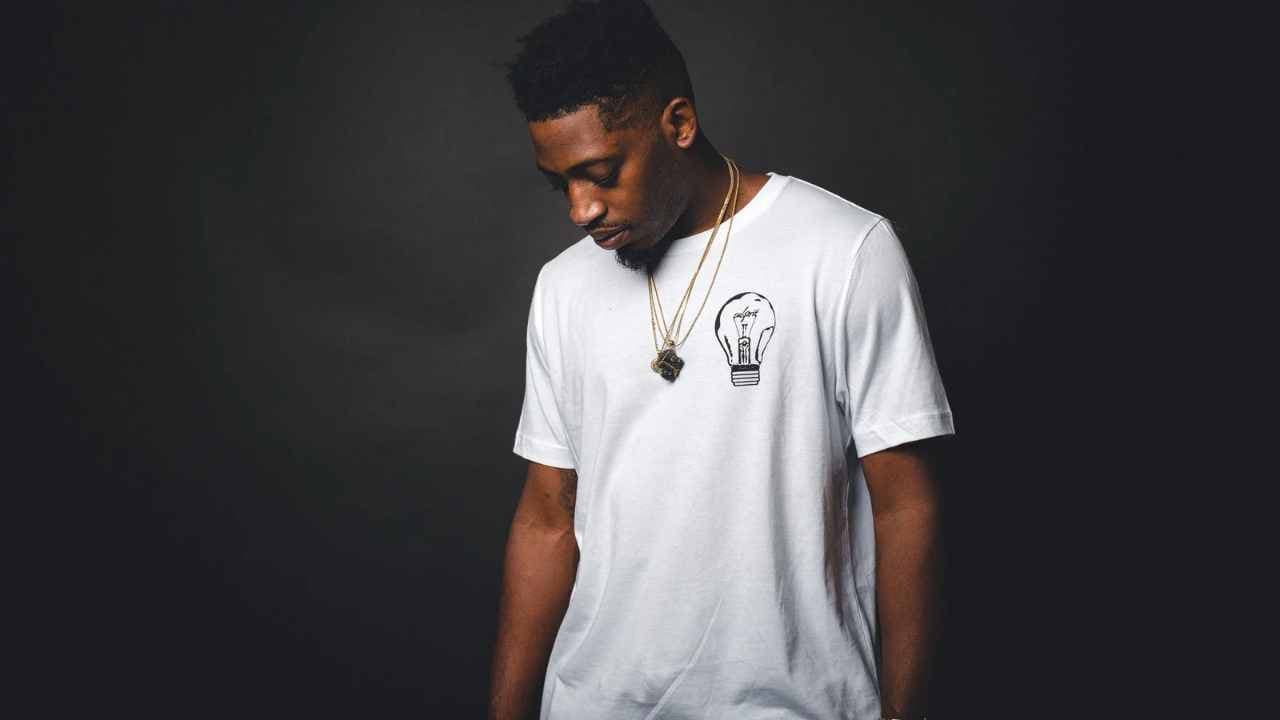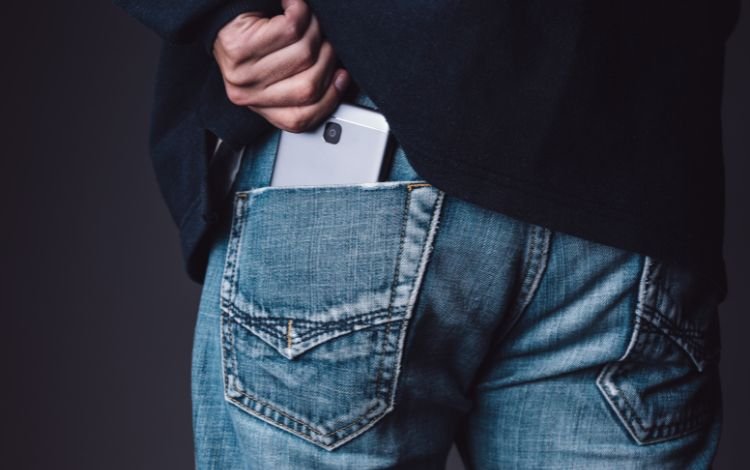Overcoming Gay Shame and Gay Guilt
This article explores the shame and guilt many gay men experience related to their sexual orientation, recognizing these emotions often stem from internalized societal prejudices. It advocates connecting with other LGBTQ people and seeking counseling to process these feelings healthily. Ultimately, it argues self-acceptance and embracing your authentic identity is crucial to overcoming the shame gay individuals frequently grapple with.
For many of us, being gay has been a challenging and painful experience.
You might have felt alone and isolated for most of your life, which can lead to shame and guilt about who you are.
This shame and guilt is something that I've experienced as a gay man — and I'm sure you know what it feels like as well!
Sadly, there's a lot of misinformation about how to deal with this kind of negative self-talk. I hope this post helps you feel better and proud of yourself.
If nothing else, remember that you are precisely as you were meant to be.
Recognize The Difficulty Of Dealing With Shame And Guilt Around Your Gay Identity.
In her book Daring Greatly, researcher and author Brené Brown described shame as "the intensely painful feeling or experience of believing we are flawed and therefore unworthy of love and belonging."
If this definition feels familiar, it's because we all experience feelings of shame and guilt at some point.
Shame and guilt are not unique to the LGBTQ+ community; they are universal human experiences that everyone has felt at some point in their lives. Everyone has something about themselves that makes people feel ashamed.
But, it is a well-known reality that the LGBTQ community experiences higher levels of shame and guilt than other population groups.
Many gay men look at themselves negatively and harshly.
At some point, every gay man will stare shame in the face.
While they will recognize the feeling, many gay men do not think much about this emotion and pretend that it is foreign to them. This "dissociation" results in many gay men dismissing it.
But, the more we look inside, the more we will recognize that shame is one of the most significant parts of our pasts that still haunt us.
Difference Between Gay Shame and Gay Guilt
Shame and guilt are often used interchangeably. But these two emotions are quite different.
Gay shame is when you feel bad about yourself because you're gay.
It typically comes into play when you are young and struggling with your identity, and it can manifest as:
Shame about being gay
Shame about wanting to be straight (i.e., internalized homophobia)
Gay guilt, on the other hand, is the feeling of guilt that comes from doing something that negatively impacts your life or the lives of others.
It may come into play later in life due to acting on your natural same-sex sexual desires or engaging in other "gay activities" that a toxic heteronormative society deems inappropriate (such as watching RuPaul's Drag Race).
Internalized Shame for Being Gay
Shame becomes more significant when you keep it hidden, away, locked up deep inside.
This internalized shame is a form of self-hatred that results from the internalization of homophobia, usually experienced in childhood.
The resulting feeling is that you feel you are somehow bad or wrong simply for being gay.
This shame can lead to low self-esteem, depression, anxiety, and substance abuse.
You may also feel guilt about being gay because you have been taught by society or your family that it's wrong.
For example:
Internalized Homophobia: "I am bad for being attracted to other men/women/both."
Society: "Being gay is unnatural" (I know this one isn't prevalent anymore, but it used to be)
Religion: "It's against God's plan for us" or "Only if you repent will God forgive your sin" (what does repent mean anyway?)
Family: "If my parents found out, they would disown me."
When you prevent yourself from being your authentic self, the more shame makes you feel that you are not good enough.
Suppressing your true nature can also cause you to miss out on rewarding relationships and experiences.
It's important not to let self-hatred or feelings of being wrong or "bad" stop you from living your authentic life. Remember that these feelings don't mirror reality but have been internalized from outside sources.
Can Gay People Be Homophobic?
Yes, gay people can be homophobic. They may not even realize it! And that's because, like shame, homophobia is sometimes internalized.
Internalized homophobia happens when you learn to hate yourself and other gay people around you — like family members, friends, or co-workers — and then start to believe those messages.
When this happens, you might begin to act in ways that reflect the shame and guilt instilled in your masculine journey's beginning stages.
You might even come out of the closet but continue to have sex with men secretly because it feels wrong or dangerous (or both).
Some people describe it as being "othered by your mind."
Seek Out and Connect With Other Gays And Queer People
So, what can we do to shrink shame's power over us?
One way is connecting with other queer people. This is a great way to feel better about yourself.
You can find a local queer group that meets regularly or start one if there isn't one where you live.
If you're shy or nervous about meeting new people, try connecting online by joining an LGBT-friendly community on social media like a Facebook group. Someone will likely respond when you reach out!
If you're feeling isolated, try to connect with someone who has been through similar experiences. This might include people from the same community as yourself or those outside your circle.
Consider Talking To A Counselor.
As a gay therapist, I have worked with many gay men who have struggled with issues of shame and guilt related to their sexual orientation.
If you also struggle with these feelings, consider talking to a trained counselor. You can find a qualified counselor through your GP or by searching online for one who specializes in working with LGBTQ+ individuals.
Prioritizing your mental health is essential. A trained therapist can help you understand your feelings, explore your identity, and process your past experiences that may be contributing to the guilt and shame you are feeling now.
As a gay man, facing this deep-rooted pain can help you get to a place where shame does not bring you down as it used to. With time, you can get to a place where you are grateful for being the person you are now,
You are meant to be gay; instead of hiding from the difference, you can embrace who you are.
Sure, you are not perfect, but who wants to be?
Your goal should be to start loving the person you are now. In so doing, you take control of the old feeling of shame that used to haunt you. Yes, guilt may return from time to time, but if you process your shame, it will never stick around as it used to.
You Don’t Need to Feel Shame For Being Gay
I think we can easily slip into the feeling that something is wrong with us as gay people. But, part of being happy is to work on the understanding that this is not true.
Gay shame is a real thing we must be aware of as gay people.
The first step is to recognize where it comes from and understand how it can make you feel bad about yourself.
If you are gay and feel different for any reason, feel like you don't fit in, or don't behave or look like your peers, please take a small piece of advice: don't try and change.
Instead, follow your dreams and goals, and don't let anyone stand in your way.
You are good enough. You are good-looking enough. You are smart enough.
There is nothing wrong with you.
Yes, you are gay. But this is just one part of your identity. And while being gay does form a significant part of who you are, you have many other qualities that make you uniquely you.
In essence, all you can be is true to yourself, respect yourself, and love yourself. I encourage you to do this.
—
Please contact me if you or someone you care about is struggling with shame and guilt. I am here to help.





